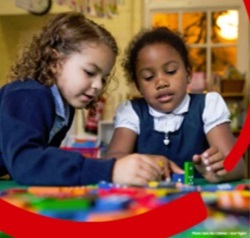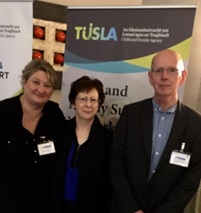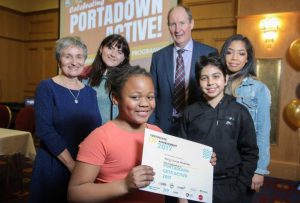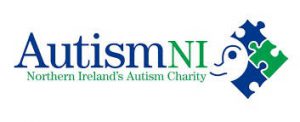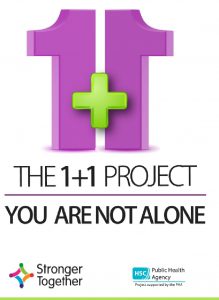Save the Children launched a new report which for the first time reveals statistics that shows children in Northern Ireland are being left behind at 5 and highlights the impact on their cognitive and language skills at ages 7, 11 and 14 years.
With over 100,000 children in NI living in poverty, just under a quarter of all children, it is a matter of concern that the report found over one third (34%) of five-year-old children growing up in poverty are in the lowest performing group compared to one fifth (22%) of their peers.
The figures also show that children who begin their school life behind their classmates struggle to catch up. The research showed that around half of children in poverty who were in the lowest performing group for language ability at age 5 remain in the bottom at age 7, 11 and 14 years.
However, it is important to note that around half of low income children in the lowest performing group, moved out of it. This demonstrates that a child’s future is not pre-determined and that the right interventions can improve the early learning outcomes and other life chances of children growing up in poverty.
Click here to download the report

